News & views.
A collection of stories about data, public opinion and politics and news about our firm.

What's Missing from Today's News?
Author and journalist Amanda Ripley has a secret – she actively avoids the news and has been doing so for years. She's not alone. Data from the Reuters Institute tells us the United States has one of the highest news-avoidance rates in the world. Four in ten Americans sometimes or often avoid contact with the news. Why? It's dispiriting, repetitive and of questionable credibility, according to Reuters' survey data.

What We Impose on People with a Stutter
This New York Times opinion video deepened our understanding of what people who stutter have to contend with in daily life. It reveals a society largely unprepared or disinclined to accommodate them, but also points to ways non-stutterers can alter their behavior in helpful ways. It's worth a view.

The Risks of a Big Product Reveal
Experience teaches us that top-tier outlets like The New York Times will nearly always produce feature stories with a narrative arc. When a story is compelling, that narrative arc includes a "tear" – the words of one film professor – an event that operates as the engine of the story. In the case of Cruise, that event was the vehicle pulling over unexpectedly and ending the reporter's ride, shaping the story and others to follow, no doubt.
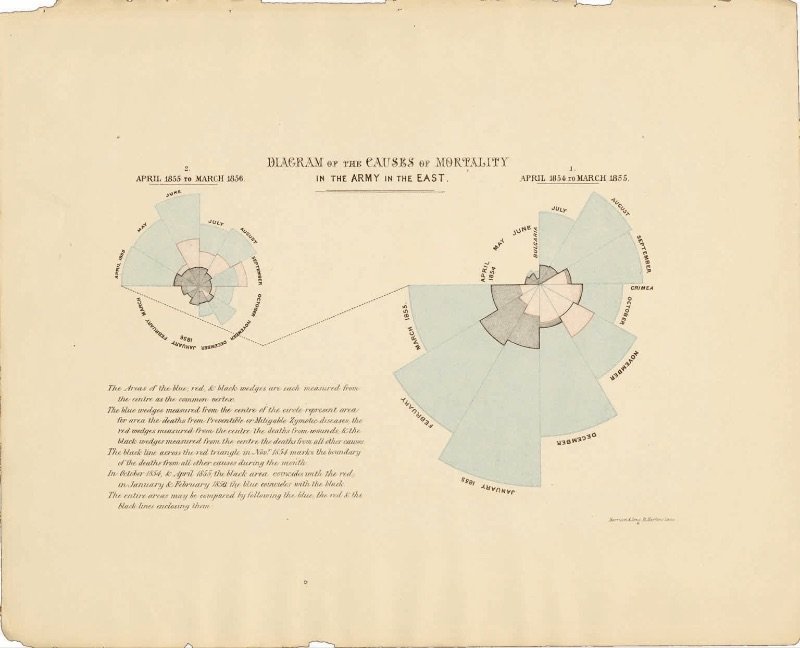
Florence Nightingale, Visual Storyteller
A new book on Florence Nightingale reveals how the 19th century nurse, social reformer and statistician made the case for health reforms in the British Army. Author RJ Andrews describes how Nightingale "designed graphics to attract attention and engage readers in ways other media could not."
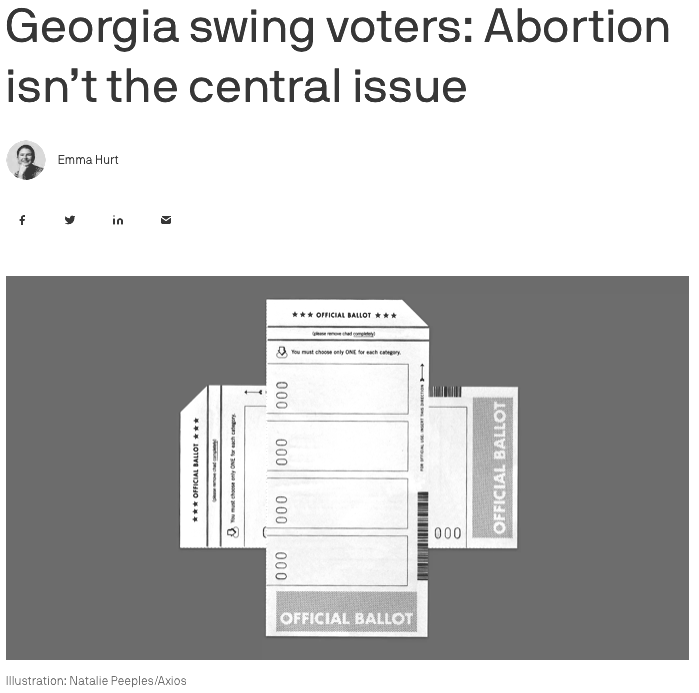
Axios and the Business of Shallow Thinking
Axios is not the cause of our distracted mindset, but they have built a business upon it. In pushing us toward facile summaries, Axios weakens our ability to make the tough tradeoffs complexity requires.

Progressive DAs and a San Francisco Misread
The ever-incisive reporter and political strategist Gil Duran points out that Boudin was a scapegoat for a complex set of problems cities across the country are confronting. His recall reflects San Franciscans' anger over homelessness, mental illness and visible poverty – but not their opposition to justice system reform.
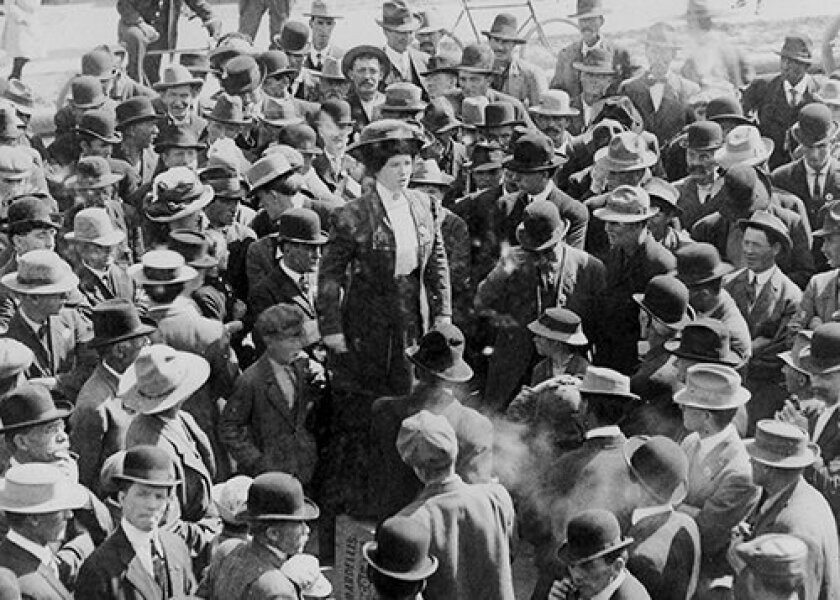
Communicating in a Time Like No Other
We’ve compiled a checklist of questions for engaging the public in our present, chaotic era.

An Antidote to Misinformation
One insidious aspect of misinformation is that it makes it harder for society to deal with already-tough problems.

Our Latest Favorite Podcasts
Podcasting's golden age has continued through the pandemic. Seventy-eight percent of Americans are familiar with podcasting – up from 22 percent in 2006 – and more than 40 percent of Americans report having listened to a podcast in the past month.

What 2020 Teaches Us for 2021
We are fast approaching a full year of living with a global pandemic. A year full of disruption and tragedy — but also change. Our lives have changed in profound ways, and so has our politics and the ways we communicate. This is our effort at taking stock of this change. It’s our effort at making sense of 2020 and extracting lessons as we turn the page to a new chapter of the American experience.
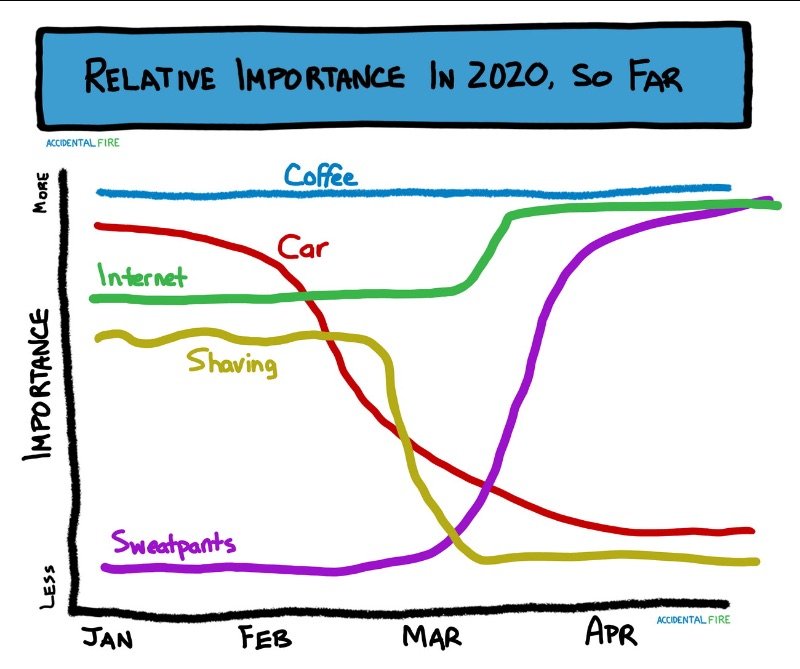
Winning Data Journalism in the COVID-19 Era
There may be no more important tool than data to guide leaders' responses to the pandemic, but it can be hard to make sense of a lot of information at once. Visualization can help us to understand data and identify trends.

Why Different Regions Respond Differently to COVID-19
America is a collection of 11 separate "nations," each with its own origin story, values and culture. The main divide between these nations is whether they place more value in the common good or individual freedom.
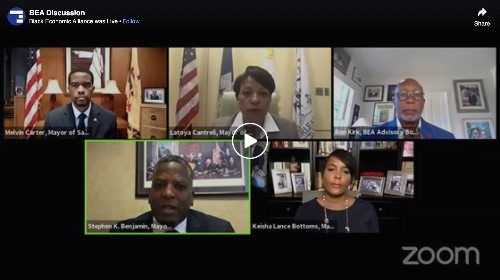
Mayors on the Frontline
Mayors are at the leading edge of the most important social and economic issues of our times: coordinating response to COVID-19 in the country's hardest hit places; engaging with a new movement for racial justice which is as impassioned as any we've seen in a generation; and balancing budgets that demand painful choices.

Leadership Lessons from the Coronavirus Crisis
We’ve settled on several examples of crisis leadership which we find most instructive. These span different areas of civil society: business, government and NGOs alike. Our analysis suggests crisis leadership falls into three broad categories: preparing for a crisis, managing through a crisis and seizing opportunity in a crisis.

A new age of brand marketing
In this new age, the public prizes transparency and authenticity, and content distribution is radically democratized, with teenage influencers and global brands operating on a level playing field.

What the New York Times Democratic Primary Endorsement Got Wrong
The New York Times editorial board came under criticism for its dual endorsement of senators Elizabeth Warren and Amy Klobuchar. What bothers us about the editorial has nothing to do with their choice, but with an introductory statement that suggests the board misunderstands public opinion research and its value. Amber's letter to the editor breaks it down.
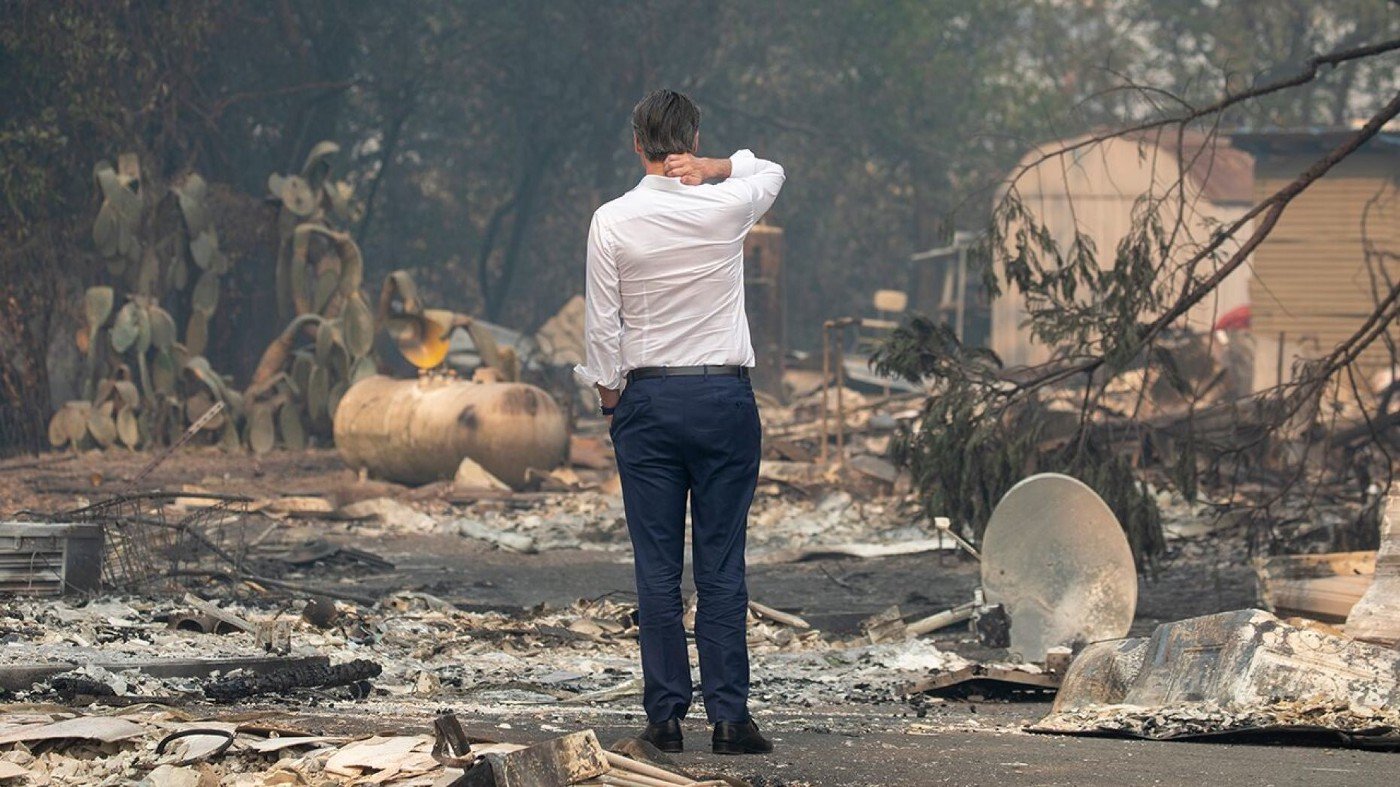
Governor Newsom At History’s Edge
We’re at an historic moment, but historic moments haven’t fazed Gavin Newsom in the past. It’s hard to miss the parallel between the energy and fire crisis with same-sex marriage in 2004, when San Francisco Mayor Newsom put himself at the edge of a national civil rights movement.

Expanding the "Win Pie" in Sports and Business
Few areas of life are more zero sum than sports and business. If your opponent wins then you lose – it's as simple as that. Maybe not, says Wharton psychologist Adam Grant. Collaboration with a rival can boost your performance, Grant argues.

The Power of Clear Writing
"A masterpiece of precise bureaucratic prose," writes Eric Lach of the New Yorker, describing the whistleblower complaint that has shaken American politics. What's so good about it? Jane Rosenzweig of the Harvard College Writing Center breaks it down.

When writing reveals character
We can learn a lot from Eisenhower's writing, which is spare, concise and stripped of the passive voice. Even his edits are instructive. He assumes responsibility for the campaign and uses language that ordinary people can understand. "This particular operation" becomes "my decision to attack."
